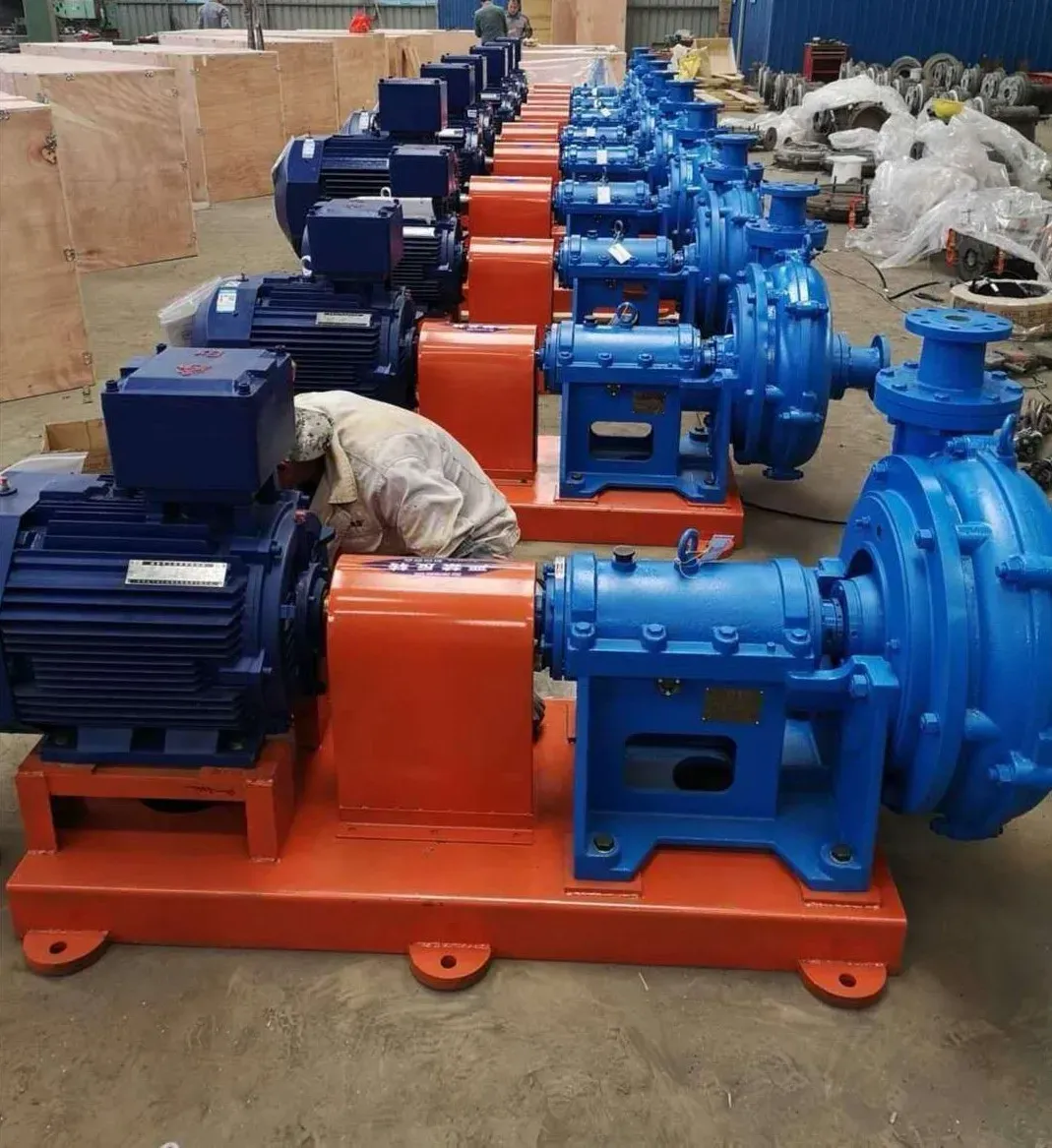Pashto
- Afrikaans
- Albanian
- Amharic
- Arabic
- Armenian
- Azerbaijani
- Basque
- Belarusian
- Bengali
- Bosnian
- Bulgarian
- Catalan
- Cebuano
- Corsican
- Croatian
- Czech
- Danish
- Dutch
- English
- Esperanto
- Estonian
- Finnish
- French
- Frisian
- Galician
- Georgian
- German
- Greek
- Gujarati
- Haitian Creole
- hausa
- hawaiian
- Hebrew
- Hindi
- Miao
- Hungarian
- Icelandic
- igbo
- Indonesian
- irish
- Italian
- Japanese
- Javanese
- Kannada
- kazakh
- Khmer
- Rwandese
- Korean
- Kurdish
- Kyrgyz
- Lao
- Latin
- Latvian
- Lithuanian
- Luxembourgish
- Macedonian
- Malgashi
- Malay
- Malayalam
- Maltese
- Maori
- Marathi
- Mongolian
- Myanmar
- Nepali
- Norwegian
- Norwegian
- Occitan
- Pashto
- Persian
- Polish
- Portuguese
- Punjabi
- Romanian
- Russian
- Samoan
- Scottish Gaelic
- Serbian
- Sesotho
- Shona
- Sindhi
- Sinhala
- Slovak
- Slovenian
- Somali
- Spanish
- Sundanese
- Swahili
- Swedish
- Tagalog
- Tajik
- Tamil
- Tatar
- Telugu
- Thai
- Turkish
- Turkmen
- Ukrainian
- Urdu
- Uighur
- Uzbek
- Vietnamese
- Welsh
- Bantu
- Yiddish
- Yoruba
- Zulu
Telephone: +86 13120555503
Email: frank@cypump.com
Oct . 05, 2024 15:35 Back to list
Exploring the Versatile Applications of Slurry Pumps in Various Industries
Applications of Slurry Pumps
Slurry pumps are essential components in various industries, designed to handle the transportation of abrasive and viscous materials. These specialized pumps are engineered to manage mixtures of liquid and solid particles, commonly referred to as slurries. Their robust construction and innovative design have made them indispensable in multiple applications, particularly in sectors such as mining, construction, wastewater treatment, and more.
Applications of Slurry Pumps
In the construction industry, slurry pumps play a crucial role in managing cement, mud, and other heavy materials used in various construction processes. For instance, during the excavation of foundations, these pumps are used to remove slurry created by drilling or digging activities. This ability to handle thick and viscous materials allows construction sites to maintain workflow efficiency and adhere to deadlines.
slurry pump applications

Wastewater treatment is another significant application area for slurry pumps. These pumps are used to transport sewage and wastewater slurries that contain solid waste and various contaminants. Efficient handling of these mixtures is vital for treatment plants, enabling the separation of solids from liquids and facilitating effective sanitation. Utilizing slurry pumps in this context helps to enhance the overall efficiency of the wastewater treatment process, while also ensuring compliance with environmental regulations.
Additionally, slurry pumps find applications in the chemical and pharmaceutical industries, where they are used for the transfer of chemical slurries and mixtures. The ability to handle corrosive and abrasive substances makes slurry pumps ideal for these sectors, where the integrity of materials is paramount. Their design ensures minimal risk of contamination during the transfer process, preserving the quality of the products being manufactured.
In terms of technology, modern slurry pumps come equipped with features such as variable speed drives, automated monitoring systems, and advanced sealing mechanisms. These innovations enhance their operational efficiency, reduce energy consumption, and prolong the service life of the pumps. Predictive maintenance technologies are also becoming increasingly common, allowing operators to monitor the health of pumps in real-time, thus minimizing downtime and maintenance costs.
In summary, slurry pumps are integral to a wide range of applications across various industries. Their ability to transport mixtures of liquid and solid particles efficiently and effectively makes them vital for mining, construction, wastewater treatment, and chemical processing. As industries continue to evolve and the demand for efficient material handling increases, the importance of slurry pumps in operational frameworks will likely continue to grow, highlighting their role as a cornerstone of industrial infrastructure.
-
ISG Series Vertical Pipeline Pump - Chi Yuan Pumps | Advanced Hydraulic Design&Durable Construction
NewsJul.31,2025
-
ISG Series Vertical Pipeline Pump - Chi Yuan Pumps | Energy Efficient & Low Noise
NewsJul.31,2025
-
pipeline pump - Chi Yuan Pumps Co., LTD.|High Efficiency&Low Noise
NewsJul.31,2025
-
ISG Series Vertical Pipeline Pump - Chi Yuan Pumps Co., LTD.|High Efficiency, Energy Saving, Low Noise
NewsJul.30,2025
-
ISG Series Vertical Pipeline Pump- Chi Yuan Pumps|High Efficiency&Low Noise
NewsJul.30,2025
-
ISG Series Vertical Pipeline Pump-Chi Yuan Pumps Co., LTD.|High Efficiency&Energy Conservation
NewsJul.30,2025










